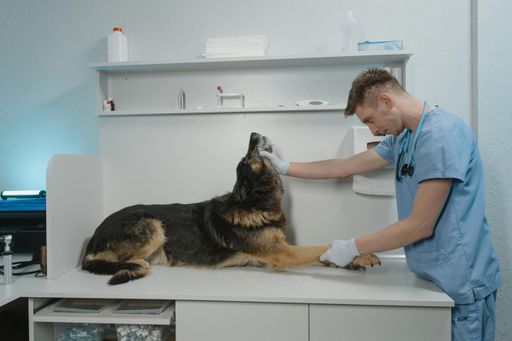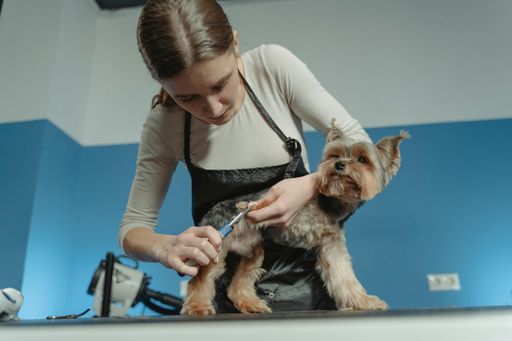It’s a sad thought, but when people bring a beloved dog into their home, the last thing they often think about is what will happen if their pet outlives them. The ideal situation is for all pet owners to leave instructions about their pet in their will, or to at least communicate their wishes to more than one family member. If a family member or friend has passed away, and their pet is left behind, how can you help ensure that their loyal four-pawed friend finds a forever home as soon as possible?
The Importance of a Will
If you have an older family member or indeed any family member with a pet, encourage them to make provisions for their pet in their will. Having a will is vital because in the event of a dispute, the deceased’s wishes can be ascertained, and legal costs can be avoided. Pet owners can also create a trust for their pet, allocating a specific amount of money for the care of their pet.
What if There Is No Will?
If the person who has passed away is a family member and they have not left instructions regarding their pet in their will, a family member may be happy to take over the care of the pet. In most cases, this process will go smoothly, as family members will prioritize the pet’s wellbeing. Problems can arise, however, if the person who died does not have family members. You may be a concerned friend or neighbor who is at a loss as to whom to contact. A good place to start is with the persons’ death records, which list information such as the person’s parents, children, spouse, and next of kin. You can contact one or more persons from the list to obtain permission to make provisions for the pet.
Taking Care of Administrative Matters
If the deceased person had a sizable estate, you may find that their closest family member is busy sorting out matters such as the payment of their deceased relative’s taxes, dealing with executors, and dividing assets between family members. There are very detailed steps involved in taxation and other matters, so family members will probably be heavily involved in making sure all required laws and regulations are fulfilled. You can help them out with a pet that no family member is willing to take on by offering to either adopt the pet, find it a home, or take it to a safe shelter.
Making it Legal
If you decide to adopt your loved one’s dog, make sure that relevant legal paperwork is completed. If you bring the dog to a shelter first then adopt it, the adoption record will prove your ownership. You can also ask the person’s next of kin to sign a notarized transfer of ownership, providing a copy of this document to your local animal services department.
When a person passes away, finding a loving home for any pets that remain is key. Usually, family members come to a peaceful agreement, with one or more family members agreeing to provide care for a dog. If your loved one does not have family, the best step is to consult their death certificate to obtain a contact. Obtain permission to take the pet to a shelter, and formally adopt it if you are ready to invite a new four-pawed member to your home.



















